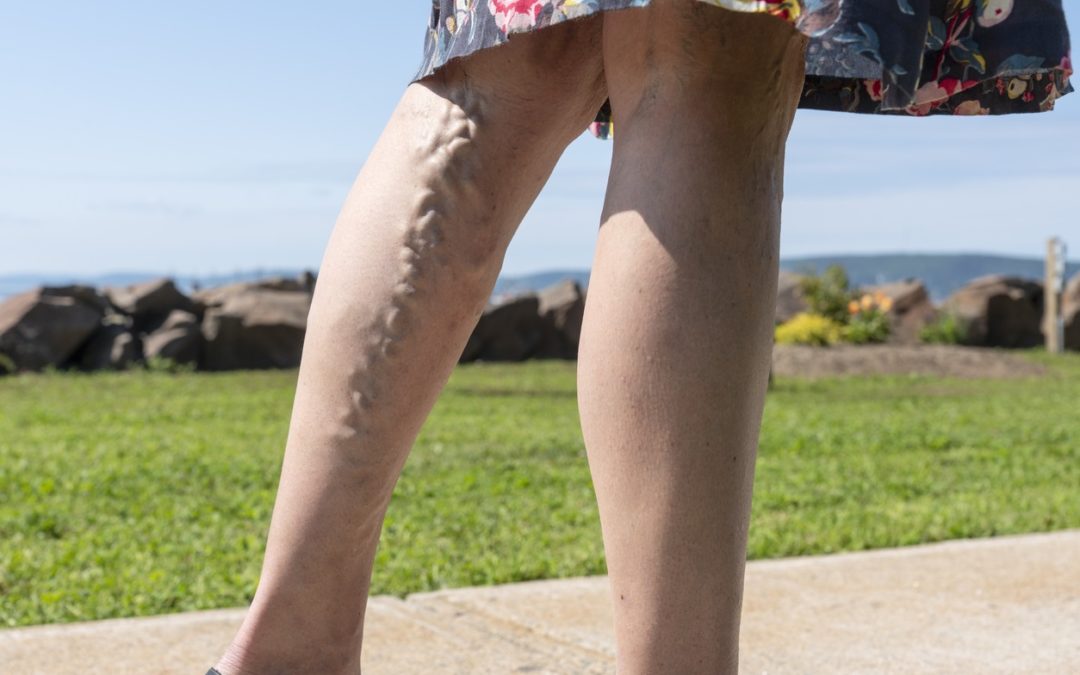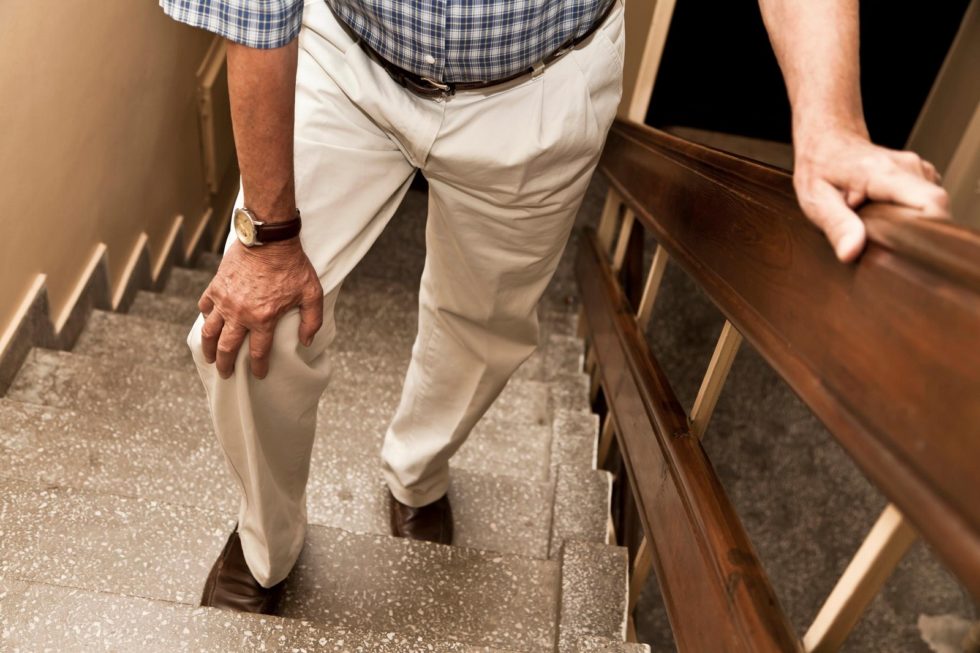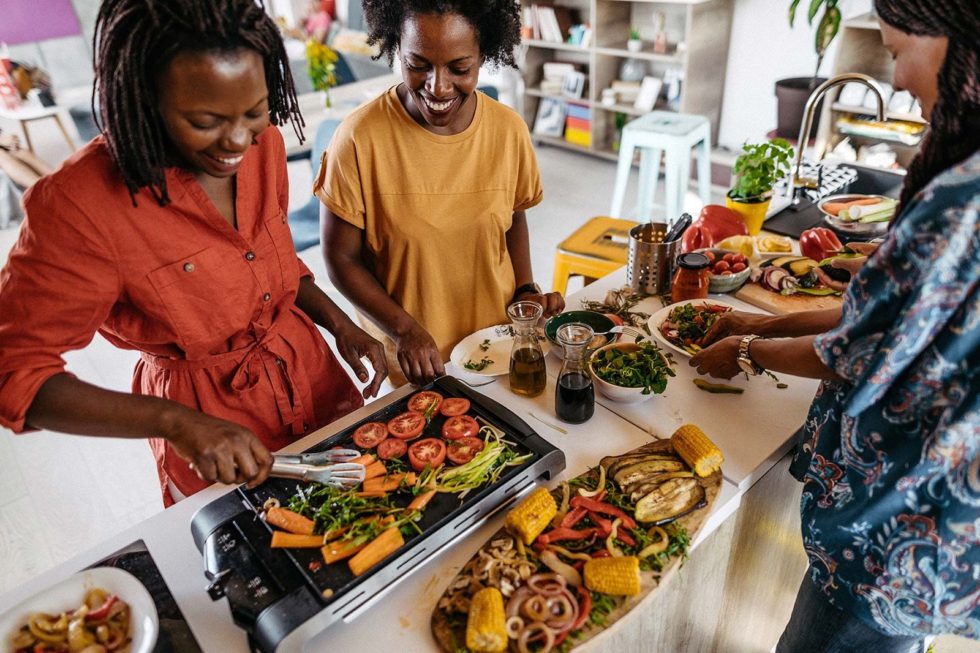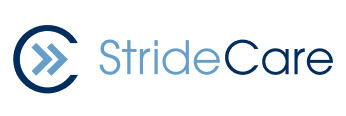Varicose Veins Can Be More Than Cosmetic: Why to Take Them Seriously
Author: StrideCare Internal Team

You may have heard that varicose veins are not considered a serious health problem. Perhaps someone also told you they are more of a cosmetic annoyance than anything else. While both statements about varicose veins are true to a point, you should take any changes in the look, feel, and health of your legs seriously.
Varicose veins affect roughly 25% of men and women in the United States. These form when the one-way vein valves that should prevent back flow of blood instead become leaky and blood pools. Or sometimes vein walls weaken and are unable to handle pressure from an increased amount of blood. This issue can lead to twisted and enlarged veins, which show visibly as varicose veins.
Yes, these bulging, twisted veins could be nothing more than an ugly fact of life. But many times, they’re a precursor to more life-interrupting and possibly permanently debilitating health conditions—especially if you’re experiencing any pain or discomfort that affects your quality of life.
Are You Experiencing Any of These Symptoms?
- Achy or heavy feeling in your legs
- Burning sensation
- Throbbing, muscle cramping, swelling
- Pain that worsens after sitting or standing for long periods
- Itchy skin or skin discoloration
- Numb legs
- Bruising
The Link Between Varicose Veins and Vascular Health Problems
As mentioned earlier, varicose veins can simply be just a cosmetic issue with no significant underlying health condition. This is especially true with spider veins, which are web-like, smaller versions of varicose veins that are typically harmless. But if your legs are constantly heavy or painful, you should talk to our team about your symptoms.

The fact of the matter is that the health of your veins is extremely important. When our veins don’t carry blood to and from the heart, this reversal of flow leads to poor circulation and pooling of backed-up blood that causes veins to bulge, stretch, and enlarge.
If left unchecked, symptoms like the ones above can get worse. Untreated varicose veins can lead to serious complications, including rashes, infections, bleeding, sores, and blood clots. If your leg is already swollen, your complications may be more severe.
Venous Insufficiency — Like previously mentioned, poor proper blood flow from the veins in your legs back up to your heart will cause blood to pool in your legs and cause veins to twist and bulge. Chronic venous insufficiency can cause to leg swelling, skin infection, and leg ulcers or sores that won’t heal on their own.
Deep Vein Thrombosis — People with varicose veins are reportedly five times more likely to develop DVT, a life-threatening condition where blood clots form in one of the veins deep within your body. Patients with DVT can experience swelling in the legs and feet, foot pain, leg pain, and burning sensations.
Restless Leg Syndrome — RLS affects 5-10% of adults in the U.S., and many of the symptoms—such as itching, prickling, pulling, or crawling feeling in legs—are also associated with varicose veins and venous insufficiency.
Pelvic Congestion Syndrome — Known as pelvic varicose veins, PCS is characterized by bulging blue or red veins and discomfort along the lower abdomen and pelvic region. Symptoms include dull, aching, or dragging pain.
Ways You Can Reduce Your Risk of Painful Varicose Veins
The good news is that varicose veins and their uncomfortable symptoms can be treated as long as there is an accurate and early diagnosis coupled with the right solution based on your condition. And regardless of whether you’ve already scheduled an appointment with your doctor, there are ways to reduce your risk of painful varicose veins.

- Choose healthier eating habits — Eating better and improving your diet plays a huge role in maintaining blood circulation, losing weight, and improving cardiovascular health. Options include fruits and vegetables, foods high in Vitamin C and E, and fiber-rich foods.
- Compression socks — Compression socks are a great conservative treatment option for taking varicose veins seriously, as they support your legs by applying gentle pressure. This helps with circulation, swelling, and painful legs. Wearing them during long work shifts, plane flights, and even while exercising helps dramatically.
- Avoid tight clothing — Tight clothing around the waist, upper thighs, and legs can interrupt blood flow through the veins and increase pooling of blood and leg swelling.
- Get more exercise — Exercising regularly helps improve blood flow throughout the body, builds strong muscles and joints, and simply promotes a healthier lifestyle. For adults, the American Heart Association recommends at least 150 minutes per week of moderate-intensity aerobic activity and to increase the amount and intensity gradually.
- Quit smoking — Smoking, in general, is not good for you and is the leading cause of preventable disease and death in the United States, per the Centers for Disease Control and Prevention. This includes its direct impact on the formation of varicose veins and other venous diseases and complications.
The goal of additional treatment is to relieve your symptoms, reduce risk of further complications, and improve leg appearance. Recent advances in image-guided technologies help patients avoid surgery and hospital admittances.
When to Ask for Help with Varicose Veins
Talk to your doctor and seek medical attention to be evaluated for any of these signs:
- Constant severe leg pain and swelling
- Achy, heavy feeling in legs after physical activity
- Symptoms don’t improve by conservative approaches
- You develop ulcers on your skin
- Varicose veins feel warm and tender to the touch
StrideCare Can Help with Treating Varicose Veins
StrideCare has long been a leader in performing leading-edge procedures to treat vein disease and diagnose conditions such as varicose veins. We are here to help you. The vascular physicians at StrideCare are board-certified diagnostic radiologists with additional fellowship training in vascular and interventional radiology.
If your veins need treatment, or you need a varicose vein screening, the experts at StrideCare will recommend an individualized plan to help you get the best results.
Prior to starting any new treatment or questions regarding a medical condition, always seek the advice of your doctor or other qualified health provider. This information is not a substitute for professional medical advice.
StrideCare serves the South Texas area including Houston, San Antonio, Austin, Round Rock, Bastrop, Brushy Creek, Cedar Park, Converse, Georgetown, Hutto, Kyle, Leander, Marble Falls, New Braunfels, Pasadena, Pearland, Pflugerville, San Marcos, Schertz, Houston, Sugar Land, Katy, Webster, Bay City, Clear Lake, Lake Jackson, The Woodlands, Universal City, Spring, Kingwood, Stafford, Conroe, Texas City, Cypress, League City, Bellaire, and more.


